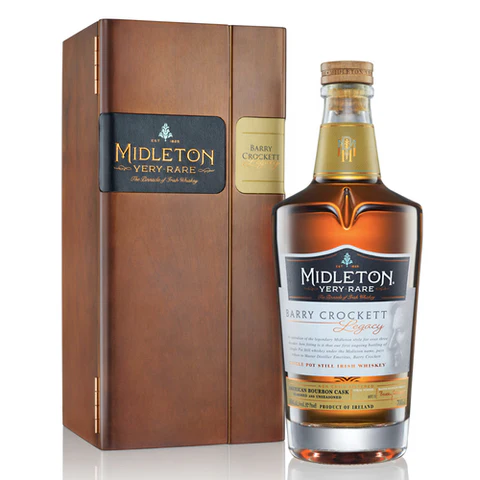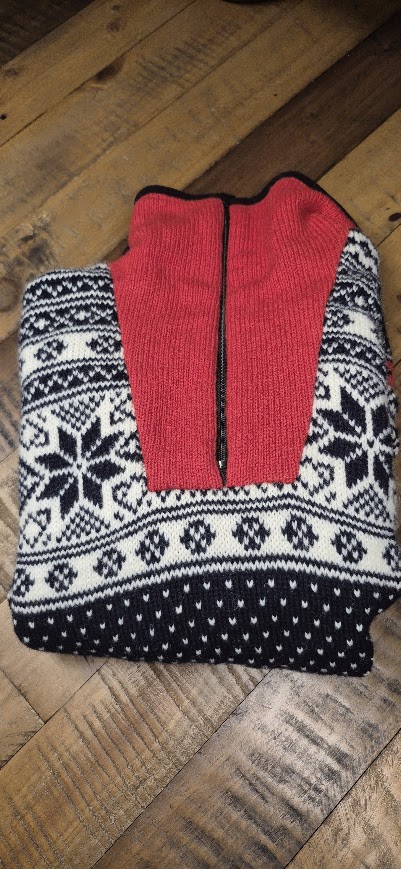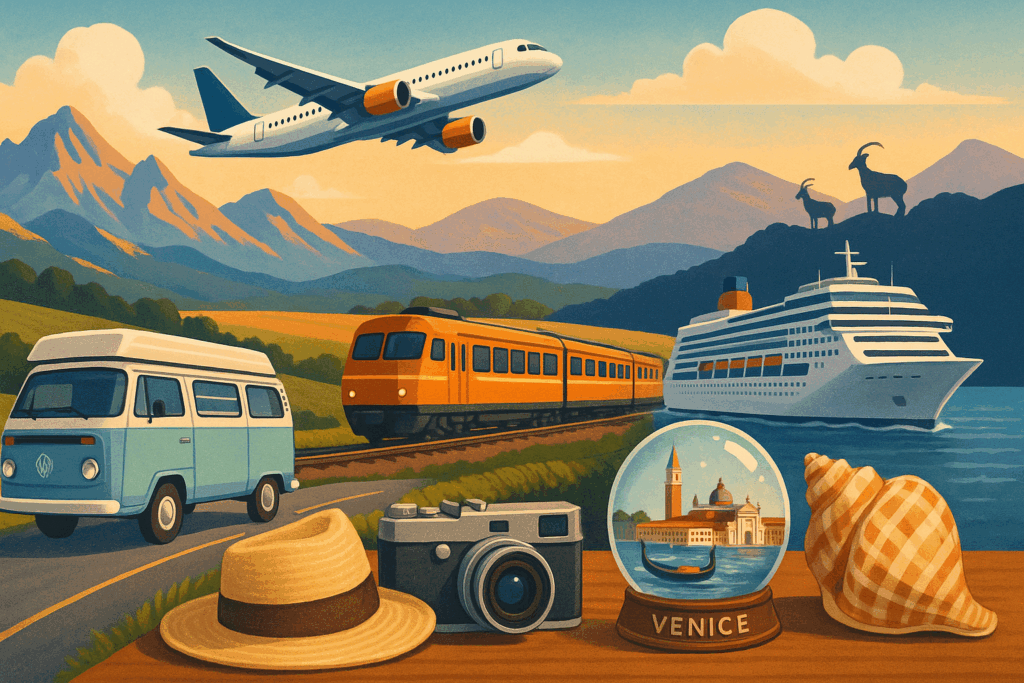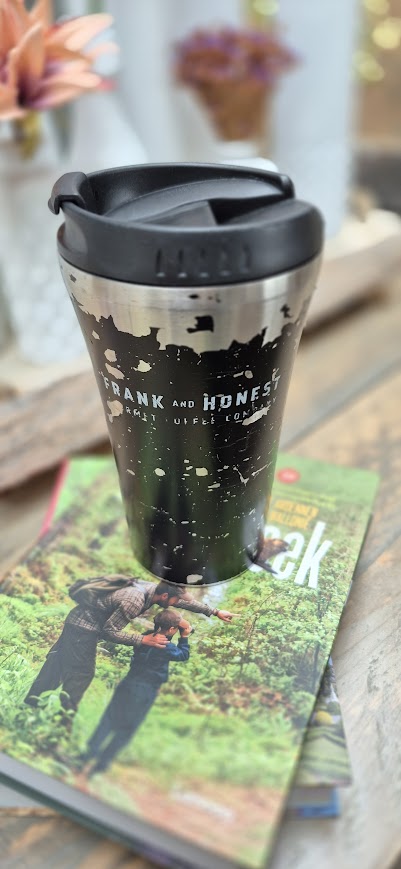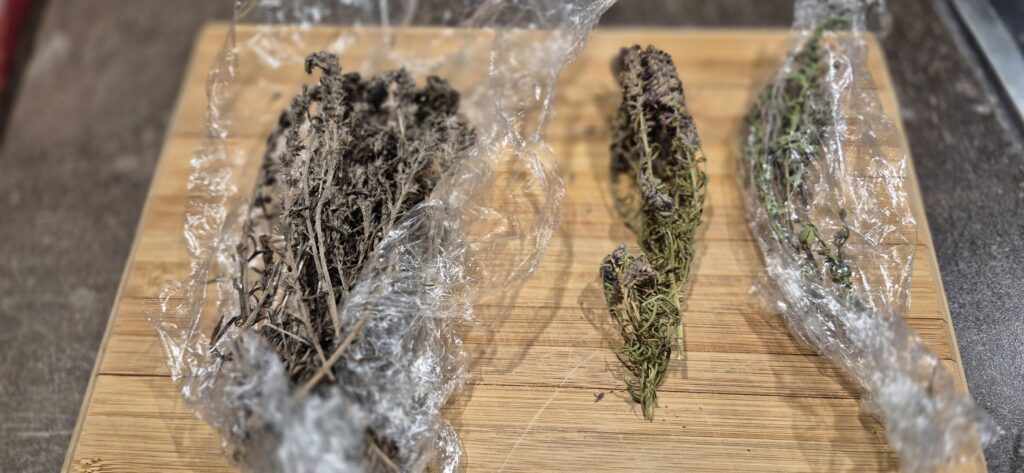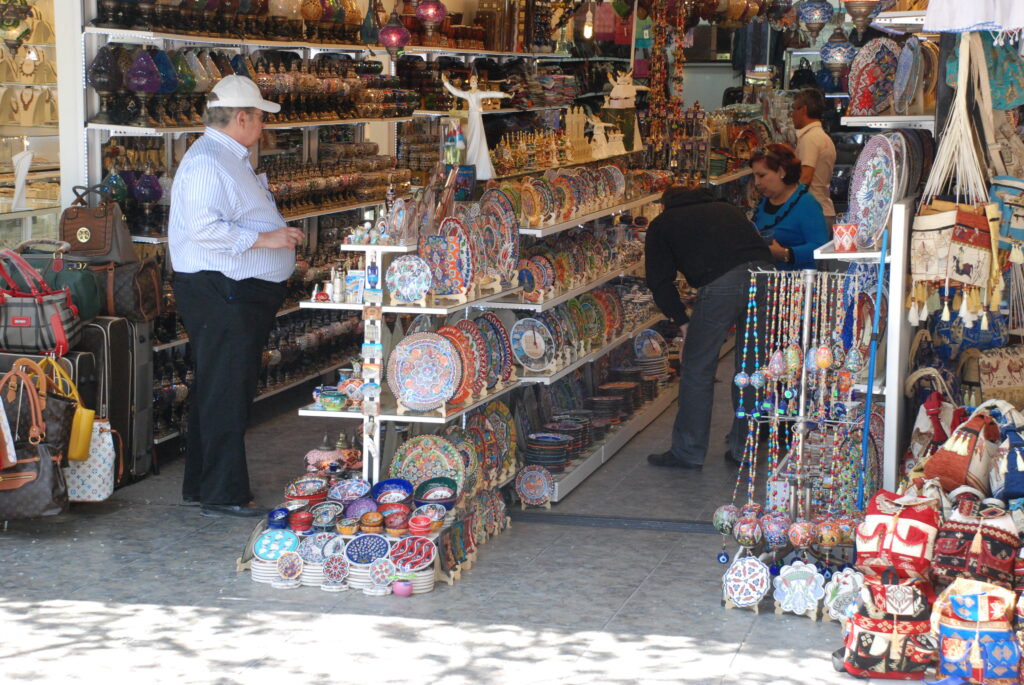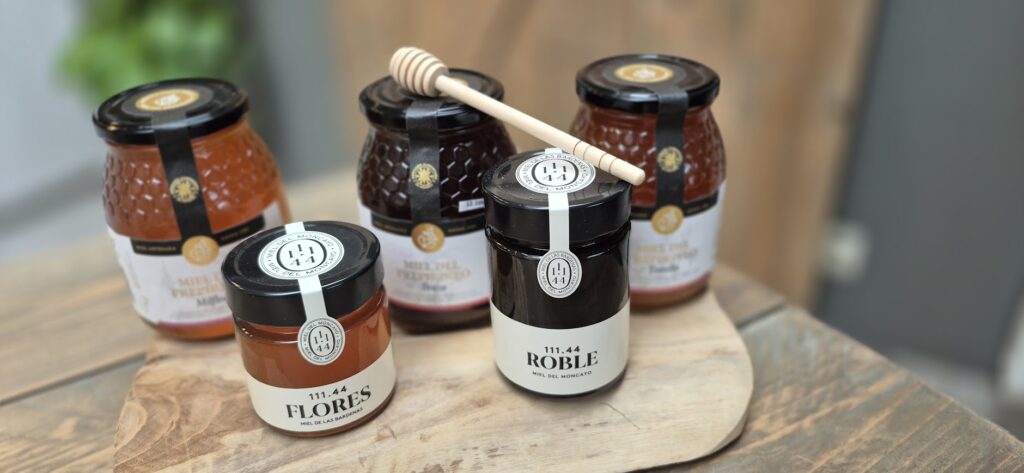Am I Even a Tourist?
Why I Prefer Being a Traveler Over a Tourist
Traveling, for me, isn’t just about landscapes, encounters, or the occasional “what-on-earth-is-this” meal.
It’s also about the little things that make their way home with you.
Not the fridge magnets that gather dust, but the objects that keep a piece of the journey alive.
I don’t collect — I remember.
I rarely call myself a tourist… except when I do something clumsy, like getting lost on a metro with one single line.
The rest of the time, I’d rather be a traveler — someone who tries to understand, to move with the rhythm of a place, and sometimes, to simply be still and take it all in.
Reporting on those moments full-time? I’d do it day and night.
For now, I’m just a hobbyist adventurer with a camera and a mild addiction to curiosity.
Buying with Feeling (and a Bit of Math)
People often say: support the local economy.
And I’m all for that — at home and on the road.
But let’s be honest: when something costs 15% more, I start thinking twice.
At 20%, I usually walk away — my wallet isn’t nearly as romantic as my head.
Still, when I travel, I’m often searching for something more than just a purchase — a tangible memory.
Take Ireland, for example.
My girlfriend used to buy her morning coffee at small local shops. Not for some hipster barista story, but simply because it was good — and nearby.
One day, we bought an iron mug with a lid (you’d probably just call it a travel mug).
Years later, she still uses it every single day.
It’s scratched, the colors have faded, but every time she picks it up, I see that same smile — the memory still warm, just like the coffee.
If that mug ever truly dies, it’ll hurt — like burying a small piece of a journey.
Souvenirs You Can Taste
Then there are the edible souvenirs — the ones that vanish, but still linger in memory.
Olive oil, spices, and this year’s favorite: honey.
I even picked wild herbs for a stew back home and caught myself thinking,
“Well, here we are — hands in the bushes, cooking nostalgia in a pot… I must be getting old.”
But the real discovery this year was honey — local honey, sold by people who know their bees the way others know their dogs.
These little jars aren’t just food. They’re stories.
Every spoonful takes you back.
And maybe that’s the magic of buying local — not the illusion of saving the planet with one jar of honey, but preserving a memory that sticks (sometimes literally).
I tend to look for things that are hard or expensive to find at home.
Sure, they cost more than supermarket stuff, but less than what the same quality would cost back home.
What I Prefer to Leave Behind
We actively (try to) avoid the classic souvenir shops.
You know the ones — same magnets, same keychains, often made in China instead of wherever you’re standing.
Most aren’t even run by locals anymore.
It feels hollow, like buying a memory with no soul.
And some things are just too expensive for what they are.
Like that wool sweater in Norway that cost a few hundred euros. Beautiful craftsmanship, sure — but I can only wear it at Christmas before overheating.
Still, it was worth it. Pricey, yes, but fair for the work and material.
It took me two days and five internal debates before I finally bought it.
And yes, sometimes I buy things because I think they’ll be worth more later — like numbered bottles of whiskey.
But does that still count as a souvenir?
No idea. I’m still figuring that one out.
In the end, I think the real value lies in the small things:
a sachet of dried herbs I picked along the way,
a tiny bag of incense from a monastery that still smells like peace every time I open that drawer.
Those quiet treasures stay with me the longest — simple, affordable, and alive with stories that never fade (they just get slightly romanticized).
From Scents to Flavors
And that brings me to the souvenirs that don’t end up in a drawer, but on the table.
All this rambling just to say: I wanted to write about honey.
And now it’s turning into another post.
God, I’m a terrible blogger.
Where some memories fade, honey revives them every time you open the jar.
I can’t resist taking local honey home — the kind that tastes like the flowers and herbs the bees worked on.
In Spain, I found jars that practically came with a storybook attached: Tomillo, Brezo, Milflores — each one a landscape trapped in liquid gold.
Even the labels whispered: this isn’t supermarket honey.
And because I can never settle for “just sweet,” I had to dive into what’s actually hiding in those jars.
What does thyme honey really mean?
How does heather taste different from “a thousand flowers”?
Well… that’s for another post.
So… Are Souvenirs for Tourists or Travelers?
Maybe, in the end, it doesn’t really matter.
Souvenirs are for everyone — at any age.
They start with the first seashells you pick at the beach,
or the pebbles you pocket from a friend’s driveway after a great day together.
Maybe “tourist” and “traveler” are just words we use to sound like we know what we’re doing.
What matters to me is finding something that sticks —
not in a shopping bag, but in my head, my heart, or some forgotten drawer,
waiting to come alive again someday.
Whether it’s a jar of honey, a faded mug, or that little painting I bought in Congo — painted on a flour sack because canvas was too expensive —
they all carry stories I’ll never forget.
So no, souvenirs aren’t just for tourists.
They’re for anyone who wants to hold on to something that always slips away:
a moment, a journey, a feeling.
Sometimes joyful, sometimes tinged with nostalgia — like an old memorial card or a postcard from someone who’s no longer here.
But that’s exactly what makes them real.
And let’s be honest: whoever’s without sin, go ahead — throw the first fridge magnet.
Even I sometimes hang a badge in my car — out of youthful enthusiasm, or simply because it felt right at the time.
My only rule?
Never buy something just to make someone else feel what only you felt.
Unless you know it’ll resonate with them too.
Otherwise, give them a story — or a jar of honey that smells like sunshine.
Because trust me, nothing stresses people more than having to dig out that “beautiful souvenir” you once gave them,
just to display it for a few polite hours while you visit.
So no — souvenirs aren’t tourist nonsense.
They’re a tribute to being on the road —
and to a life that keeps dripping on,
long after the journey (or life itself) is over.
